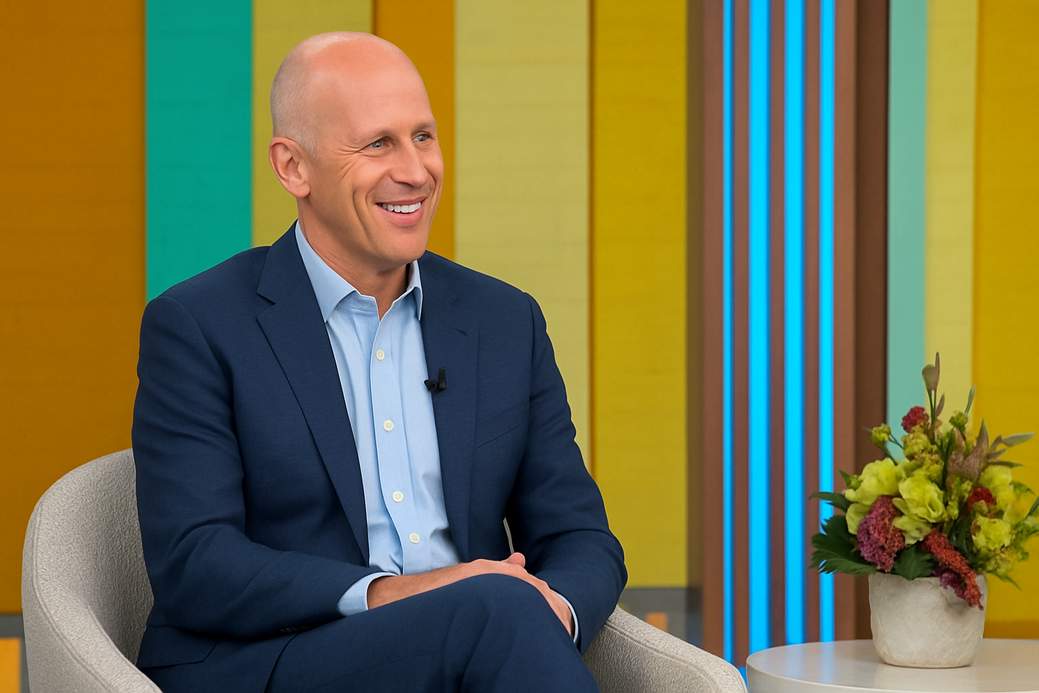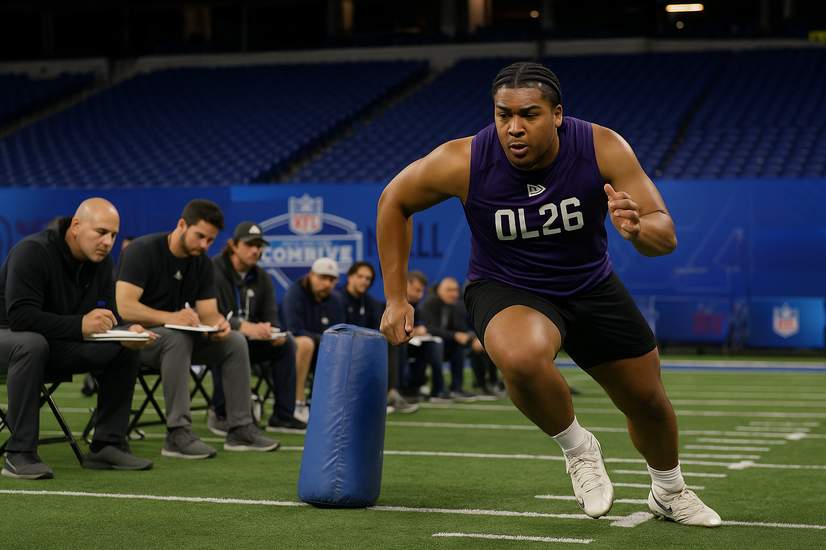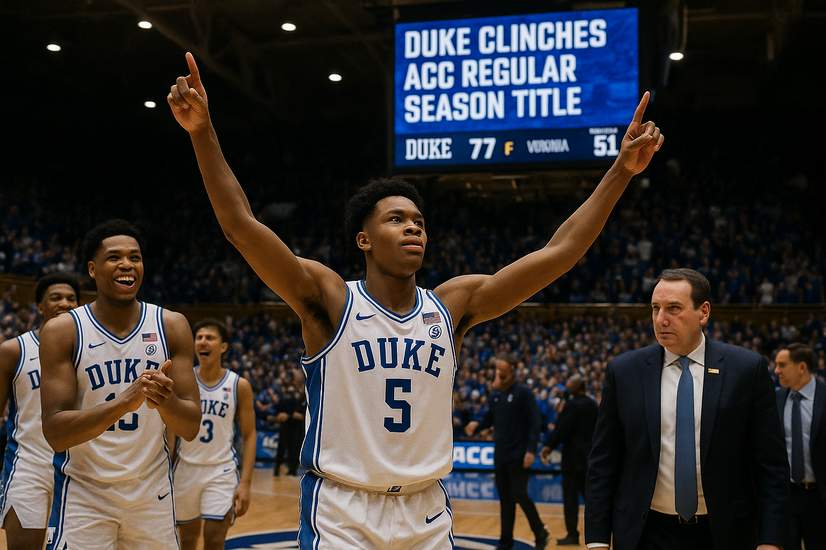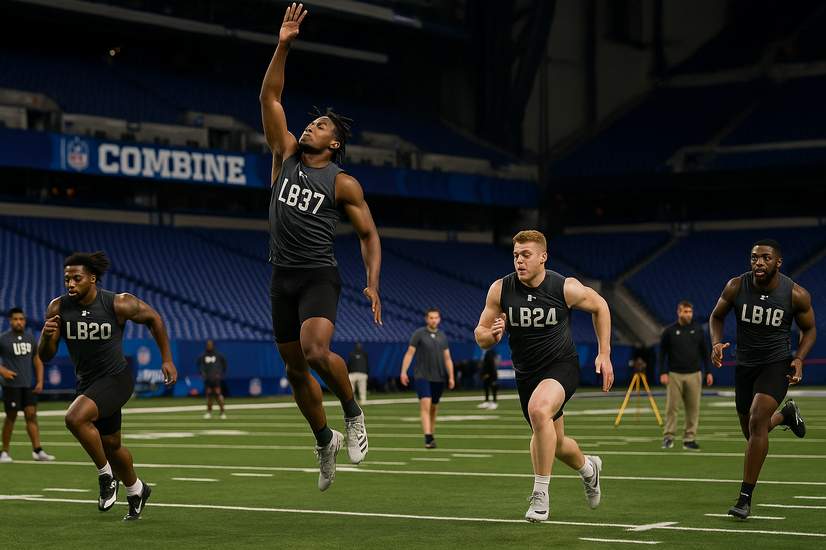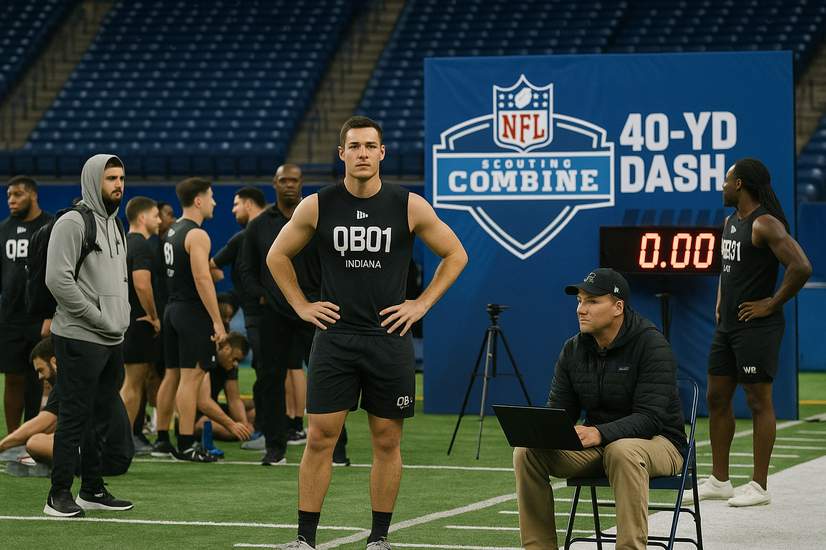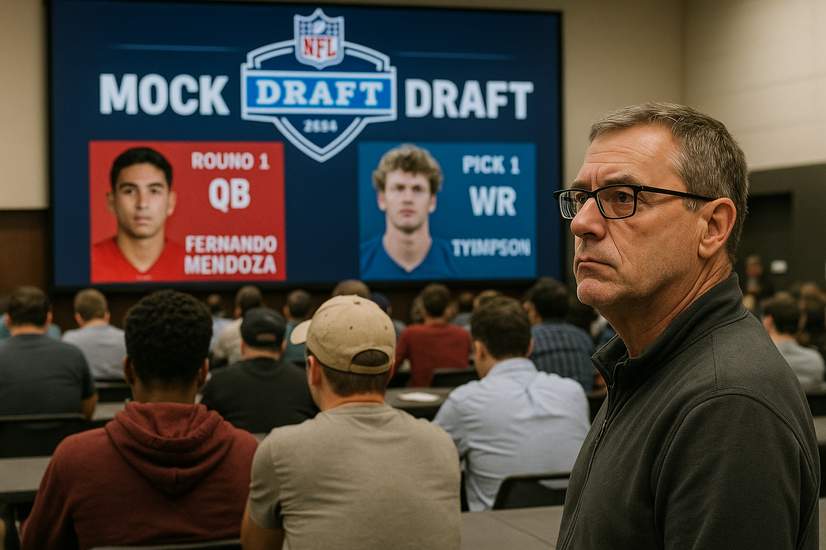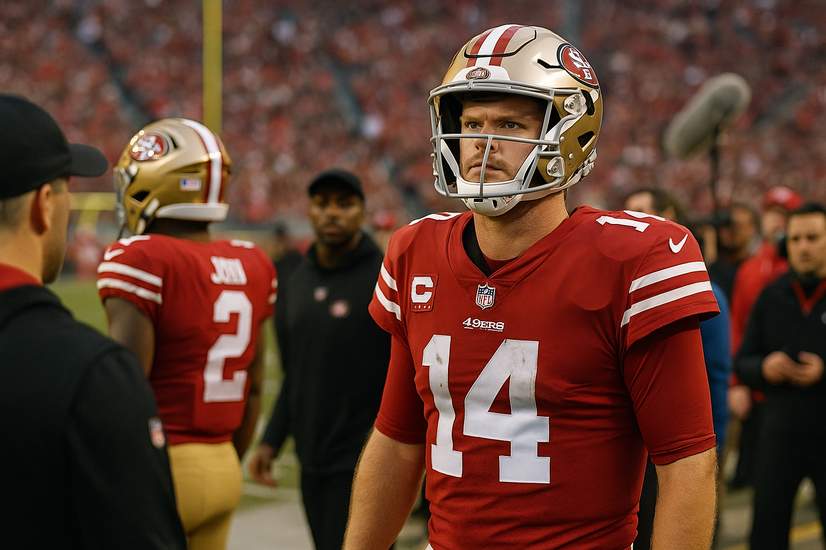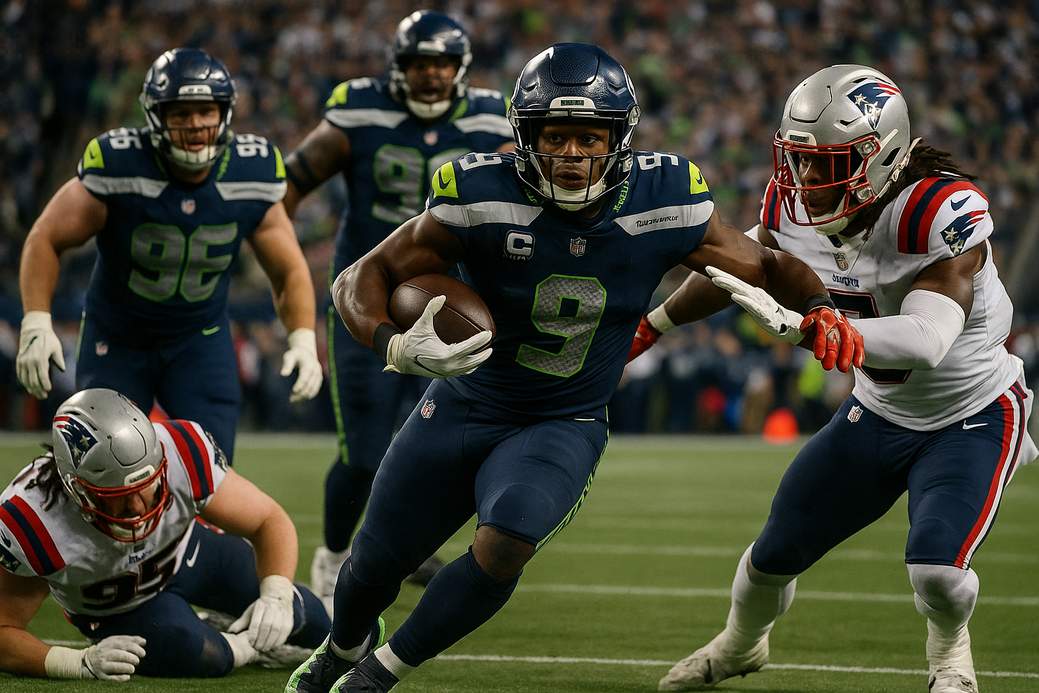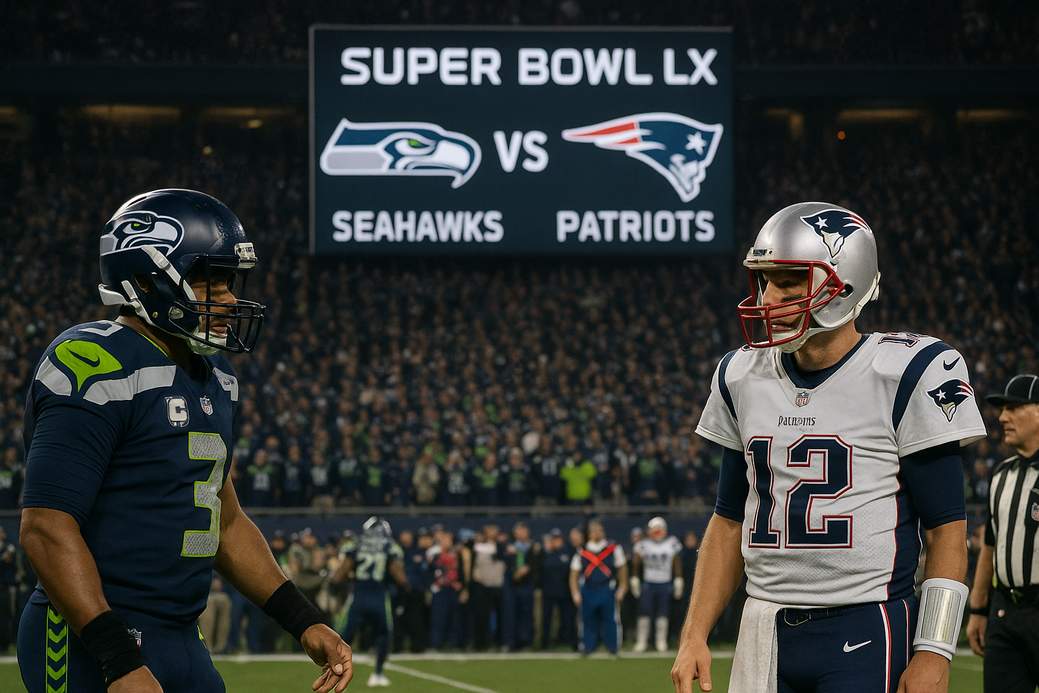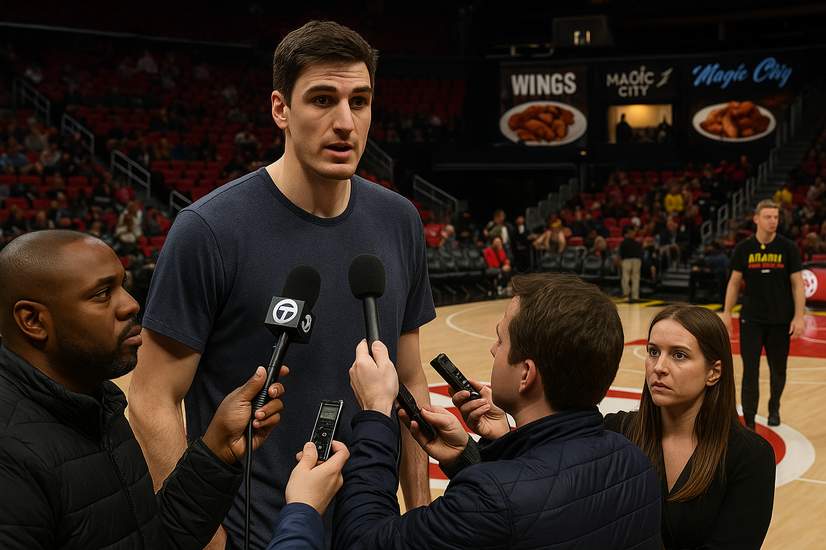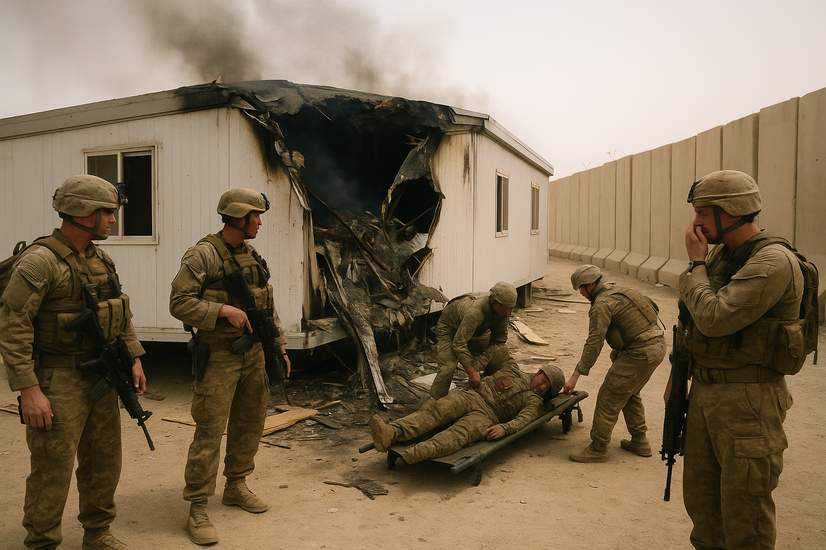Quick intro — the guy, the glow-up
If you picture a coach who looks like he drinks espresso for breakfast and motivation for dinner, you’ve got Dan Hurley in your head. He’s the kind of leader who makes tough conversations sound like halftime pep talks and somehow turns chaos into championship confetti — twice. Here’s a down-to-earth, slightly goofy take on how he thinks about life, leadership and stacking titles.
Roots and reality checks
Hurley didn’t pop out of a motivational poster. He’s earned his stripes the old-fashioned way: hard work, mistakes, lessons, repeat. He’s the sort of coach who’ll tell a rookie the blunt truth with a grin, then spend the next hour helping them fix it. Humility mixed with hustle — that’s his vibe.
Leadership with a human touch
Forget the clipboard-and-yell stereotype. Hurley leads by connecting. He treats players like people first, athletes second. That means calling out bad habits, celebrating oddball strengths, and occasionally inventing team rituals that make zero sense until they start winning games. The message is simple: hold everyone accountable, but don’t forget to laugh when something goes wrong.
Coaching style: intense, intentional, and a little theatrical
He’s intense — nobody’s confused about that. But intensity without direction is just noise. Hurley mixes fervor with structure: clear expectations, tough practices, and feedback that’s equal parts blunt and helpful. He pushes players to be better on the court and better humans off it. Also, yes, there are dramatic speeches. Would you expect anything less?
Back-to-back titles — what that really means
Winning once is elation. Winning twice is validation — and a headache. Back-to-back championships mean maintaining culture, managing egos, and dodging complacency. It’s less about magic and more about routine: keep the standards high, trust your process, and don’t let last year’s trophy become this year’s excuse.
Handling pressure (and the paparazzi of expectations)
Pressure doesn’t scare him; it sharpens him. The secret is perspective. He frames pressure as proof that people care, not as a threat. And when the headlines get loud, he focuses on the locker room: steady habits, honest conversations, and a playlist that somehow includes both fight songs and guilty-pleasure pop.
Life off the court — humans have hobbies too
Coaches aren’t robots. Hurley sneaks in family time, sleep (sometimes), and the occasional guilty pleasure TV show. He knows balance isn’t a static thing — it’s constantly being negotiated. That realness helps players feel less like athletes and more like people, which oddly makes them better at both.
Lessons you can steal (no coaching license required)
– Be honest, even when it’s awkward. Brutal clarity beats confusion every time.
– Build rituals that matter. Small routines create big habits.
– Invest in people, not just performance. The trust you build shows up when it counts.
– Treat success like a process, not a trophy shelf. Enjoy the win, then get back to work.
Final whistle — why it matters
Dan Hurley’s playbook isn’t a secret sauce; it’s a human blueprint. Work hard, care harder, and keep your sense of humor handy. Championships are nice, but the stuff that lasts is how you lead a room, how you handle setbacks, and how you keep people together when the scoreboard isn’t kind. That’s coaching worth cheering for.

